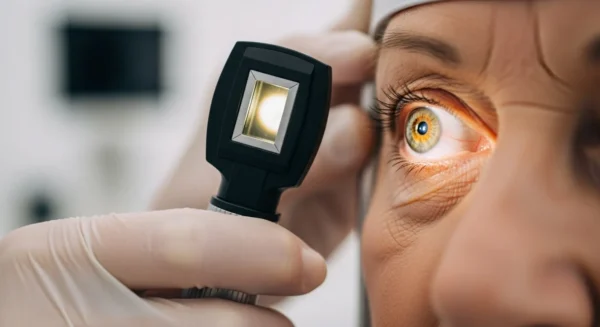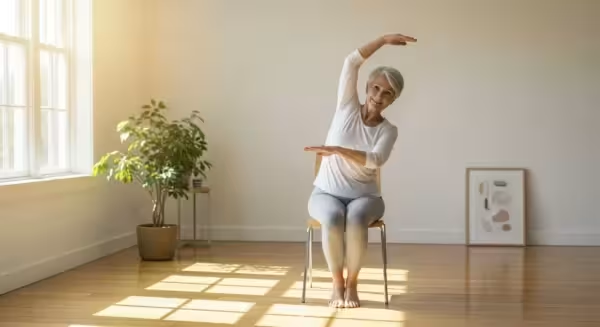
Key Signs It’s Time to Consult a Doctor
Listening to your body is one of the most important aspects of staying safe while exercising. While minor aches or fatigue can be normal when starting a new routine, certain symptoms should never be ignored. It is essential to stop walking and seek professional medical advice immediately if you experience any of the following red flags.
Contact your doctor or seek emergency care if you experience:
- Chest Pain or Discomfort: This includes any feeling of pain, pressure, squeezing, or tightness in your chest, especially if it radiates to your arms, back, neck, jaw, or stomach. This could be a sign of a serious heart-related issue.
- Unusual Shortness of Breath: It is normal to breathe a little harder during exercise, but if you become so breathless that you cannot speak, or if the breathlessness comes on suddenly and feels severe, you need to stop and get help.
- Dizziness, Lightheadedness, or Fainting: Feeling dizzy or like you might pass out is a serious warning sign. It could indicate a problem with your blood pressure or heart.
- Sharp or Severe Joint Pain: A dull ache might be a sign of overdoing it, but sharp, stabbing, or persistent pain in your knees, hips, or ankles is not normal. Continuing to walk on an injured joint can cause significant damage.
- Swelling in Your Legs or Ankles: If you notice new or worsening swelling in your lower extremities after walking, it could be a sign of a circulatory issue or another underlying medical condition.
- Numbness or Tingling: Any persistent numbness or a “pins and needles” sensation in your feet or legs during or after a walk should be evaluated by a healthcare professional.
Remember, it is always better to be cautious. Your health and safety are paramount. Ignoring these warning signs can lead to serious complications. Your doctor is your partner in health and can help you determine the cause of the symptoms and advise you on how to proceed safely with your fitness goals.















